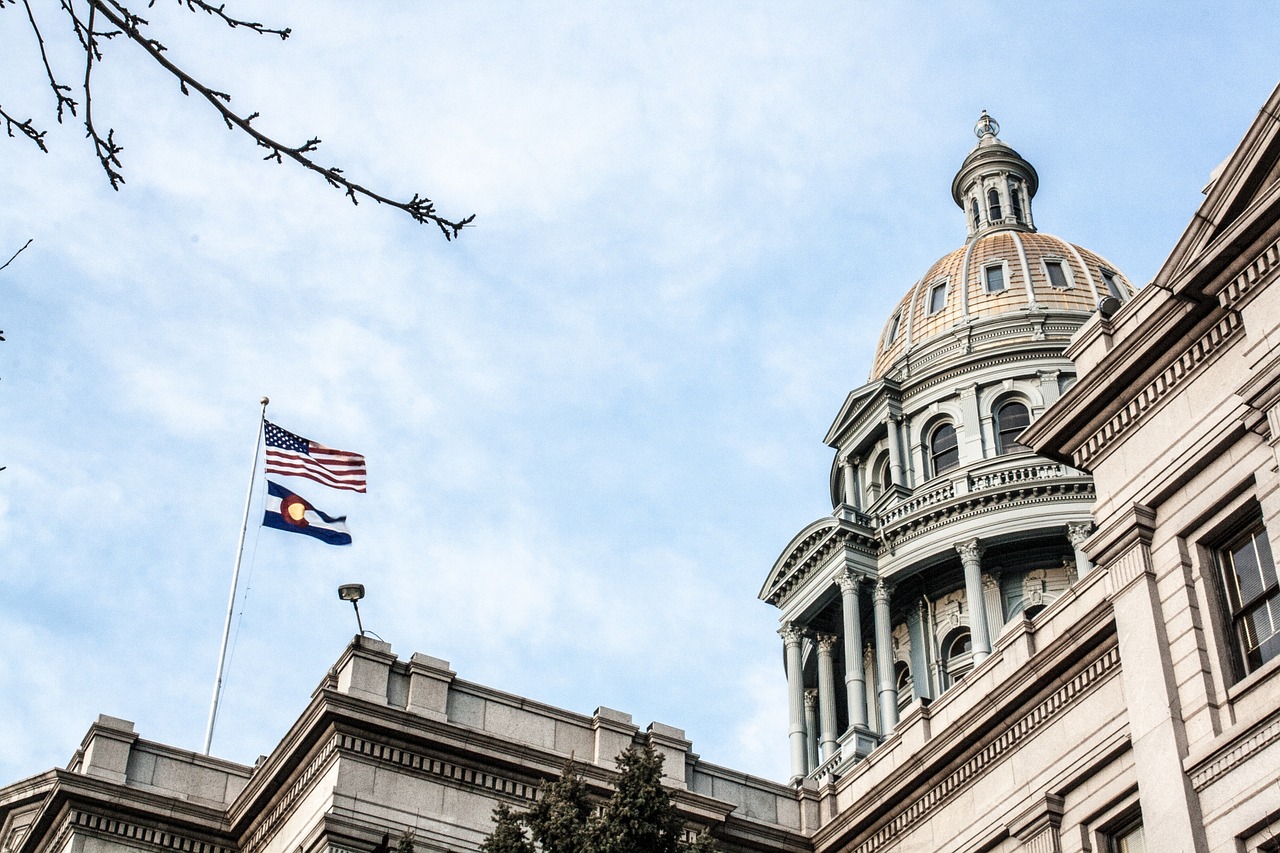Return To Blog
Colorado's Past to Present: Historical Laws and the Move to Legalization
April 6, 2016
Whether you are a Colorado resident or visitor from another state, it is interesting how to learn how medicinal and recreational laws came to be - Take a walk through history with us!
- Illegalization: Colorado is a state associated with the legalization of marijuana, but it always wasn’t that way. Possession and consumption of cannabis became illegal in the state in March 1917. At this time, it became illegal to grow, consume or sell the drug. In fact, one of the reasons it became illegal was to hurt Mexico as it was suspected that Mexican general Pancho Villa was using cannabis to fund his army. It would stay this way for about 80 years before changes to the law would be made. View the original bill from 1917 on the Westword website.Â
- The Beginning of Legalization: Medical marijuana became legal for people to use privately in 2000 after over half of voters in the state voted to legalize the use. Once this law was put into place, with a written prescription by their doctor, people could obtain cannabis from dispensaries in Denver and all over the state for conditions such as cancer, chronic pain, epilepsy, seizures, nausea and more. They were allowed to have up to two ounces of medicinal marijuana and it was also made legal to grow up to six plants, with three that were allowed to be flowering. Â
- The Change to Recreational Legalization: Recreational marijuana became legal 12 years after medicinal. So in November 2012, it became legal for those 21 and older to grow up to six plants in a locked space. The same rules applied as medicinal and only three plans could be flowering at one time. For Colorado residents that did not want to grow plants and wanted to purchase at a Denver dispensary, they became allowed to possess one ounce of marijuana at one time. For non-residents, they are allowed to purchase up to a quarter of an ounce of cannabis at one time. All consumption must be done privately and not in public spaces. Â
- Colorado Economic Growth: Since the legalization of medicinal and recreational marijuana, the economic growth has helped the state. With over $70 million coming in just one year, the tax money has been able to be used for schools, flood rehabilitation and many other areas. It has also been one of the states to help reduce marijuana trafficking over the United States and Mexican border, which also has reduced drug cartel violence.
- Transportation: Those who purchase medicinal or recreational marijuana are allowed to have it in their cars. It is to be placed in a closed container and cannot cross any of the state’s borders. It is also illegal to drive a car under the influence. Consequences are similar to alcohol, and anyone with five nanograms or more of delta 9-THC in their blood can be arrested. Â
